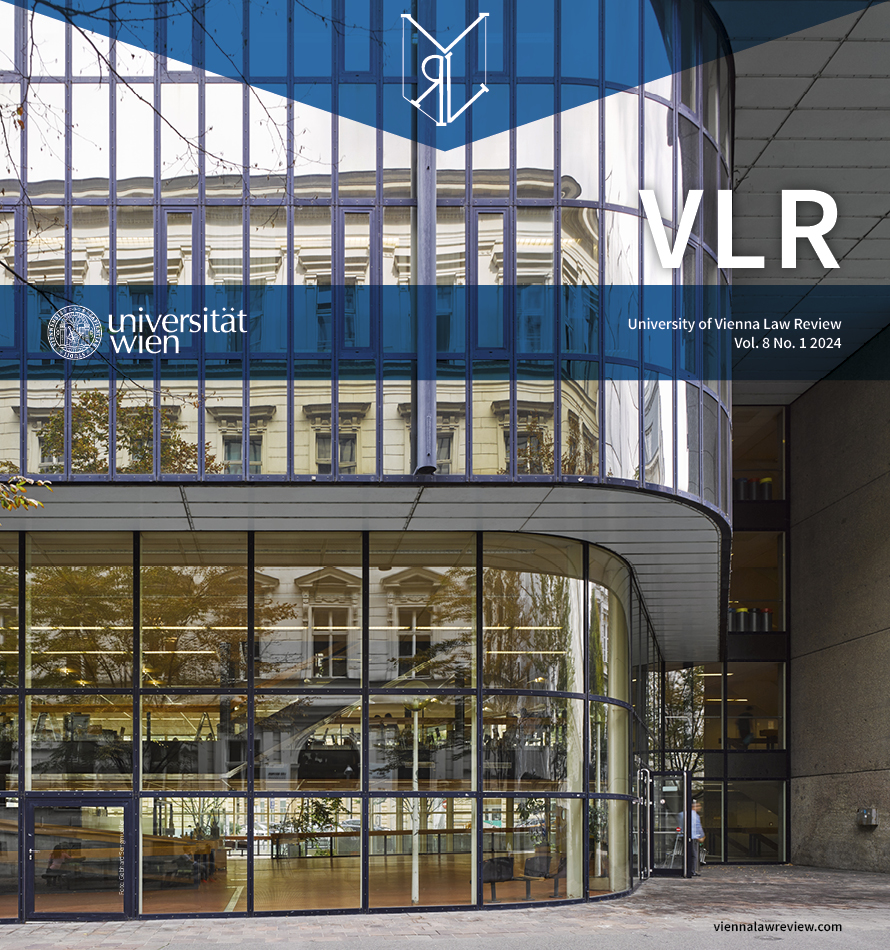Tracing the Permission to Act in Necessity in the Germanic Tradition
From ‘alleged right’ to ‘absolutely ascertained principle of our law’
DOI:
https://doi.org/10.25365/vlr-2024-8-1-1Keywords:
necessity, private law, German legal history, entitlements, tort law, defences, justifications, excuses, Kantianism, theory of balancingAbstract
Germanic law accepts that some acts of necessity are permitted ('justified acts of necessity', or, in German, 'gerechtfertigte Notstandshandlungen'). The present article shows the intellectual history of this rule and what may be learned from it. It presents the debate on permitting acts of necessity in its first appearances in Roman pragmatism, in medieval common good reasoning, and in the context of individualistic views on entitlements in the early modern ages. It suggests what thoughts the doctrine may represent in the pluralism of theories in our times and concludes with an outlook on the lessons of this discussion for how entitlements and rights should more generally be understood today.
Downloads
Published
Issue
Section
License
Copyright (c) 2024 David Messner-Kreuzbauer

This work is licensed under a Creative Commons Attribution-NonCommercial-NoDerivatives 4.0 International License.
All articles are licensed under the Creative Commons License CC BY-NC-ND. A summary of the license terms can be found on the following page:
https://creativecommons.org/licenses/by-nc-nd/4.0/
Authors retain copyright without restrictions.


